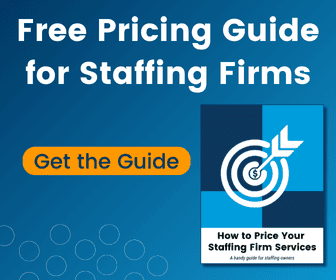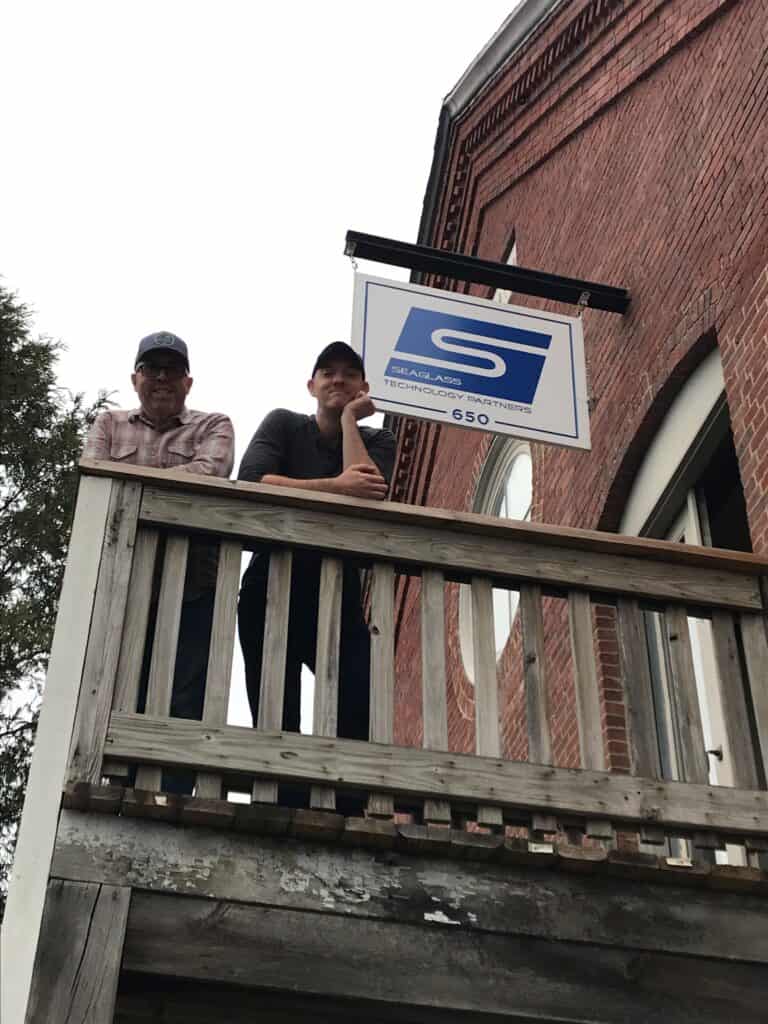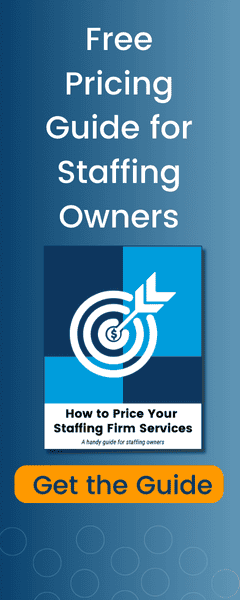How to Start a Temporary Staffing Agency

Last time updated: December 17, 2024

Temporary staffing is a challenging but rewarding industry with few barriers to entry. It is a great time to consider starting a temporary staffing agency. The industry recovers quickly from setbacks, and companies always need labor. When starting a firm, we think there are four key things you must consider: people, technology, insurance, and payroll funding. In each of these areas, starting your staffing firm is easier than perhaps ever before.
#1: People
In any business, people are the most important asset. Salespeople and recruiters, who will drive your business, are more incentive-driven than ever and competition is fierce. Gather a small team of people you trust and build your business from there.
#2: Technology
How about technology and infrastructure? Like virtually all industries, technology, communications and process improvements have made starting and managing the operation of a startup temporary business much easier. Staffing and recruitment software solution prices have dropped precipitously, while features and functionality have improved. For a reasonable monthly fee, you can run your business on a state of the art system with minimal hardware investment.
#3: Insurance
Various insurance policies will also be required for our new venture and Workers Compensation insurance for temporary staffing firms is many times the most expensive and complex. To make matters worse, Workers Compensation insurance market for temporary agencies has been getting tougher. However, there are specialty firms out there who can help. You can and should also consider utilizing a specialty PEO (Professional Employer Organization), some of whom are fully integrated with funding and other back office services.
#4: Funding
Finally, you’ll have to secure the appropriate startup and working capital. The old saying is true – it takes money to make money. Startup temporary staffing businesses have significant and immediate cash flow needs; payroll and related burden are a weekly obligation, while customers may take 4-8 weeks to pay you. Many staffing businesses turn to specialized temp funding companies to cover this cash flow gap. Some funding companies have evolved to offer more sophisticated services to their clients with more customized and flexible pricing. Like staffing technology, versus 5 years ago, you now get much more for much less.
So go take that walk in the park, clear your head, and start to visualize your thriving startup staffing agency. Whether you’re an executive recruiter considering starting a temp division or an owner building your contract business, we believe that now is the time to either initiate or re-focus this effort.
For more resources on starting up a staffing agency, visit the Startup section of our website.
Up Next















